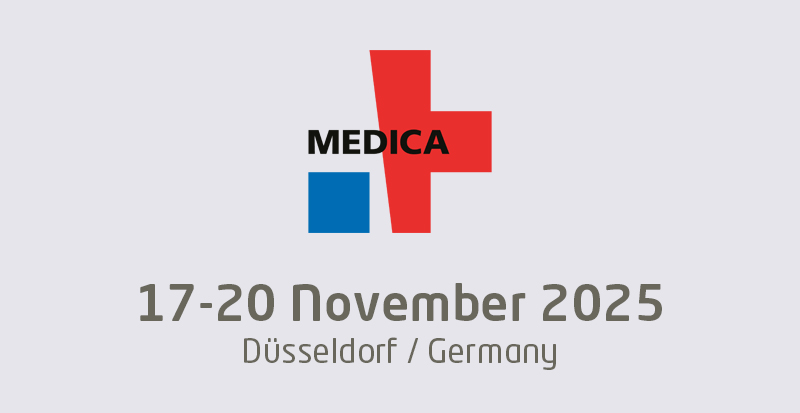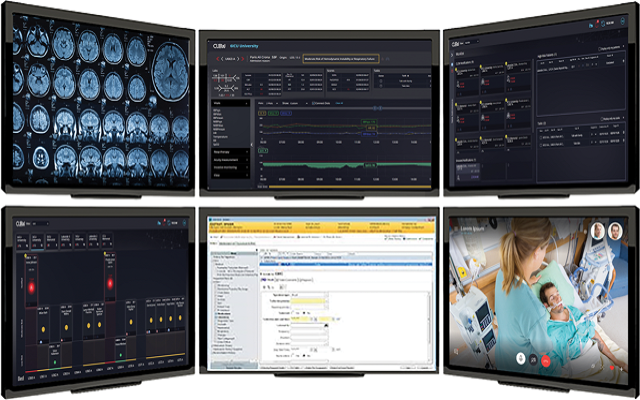The AI and innovative technology company Causaly has announced that they will be partnering with UCL Innovation & Enterprise, in the UK, to help advance their ongoing research into COVID-19. The company have granted several UCL researchers access to their software, with a view to opening up access to others in the future.
WHY IT MATTERS
UCL have been conducting a wide range of investigations into the virus over recent weeks, including the development of a new antiviral drug and the design of a low-cost breathing aid. Medical researchers will now employ the Causaly AI platform to optimise data reading and interpretation, potentially uncovering invaluable insights into the virus and accelerating treatment options.
Causaly has stated that they have been trying specifically to expand their operations and enhance their technologies throughout the COVID-19 emergency in order to improve their knowledge-base. The system performs rapid highly-accurate deep searches of relevant biomedical literature, suggesting potential connections and solutions.
Professor Spiros Denaxas from the UCL Institute of Health Informatics praised the potential of the programme for the research: “Causaly allows me to rapidly ingest, analyse and derive insights from huge amounts of biomedical literature. Importantly, it allows us to focus on the translation of our research by enabling us to triangulate evidence derived from research and clinical guidelines.”
THE LARGER PICTURE
As the coronavirus continues to spread worldwide, there is an increasing focus on the use of AI and wide-scale data collection to help understand, track and respond to the virus. These, however, have also come with a great deal of backlash surrounding potential data protection violations.
At the time of writing, almost 2.5 million cases of COVID-19 have been confirmed worldwide and over 170,000 deaths.
ON THE RECORD
A spokesman from UCL Innovation & Enterprise, Dr Vassilis Georgiadis, said: “Our partnership with Causaly strengthens UCL’s research and innovation tools to battle the COVID-19 pandemic, giving our researchers superior access to existing biomedical knowledge. What’s impressive is that Causaly’s platform mimics how humans read cognitively. The company is looking to understand the context of data in text itself, extracting evidence and causality, which we hope will provide significant benefits to our research groups working on COVID-19 related projects.”
Yiannis Kiachopoulos, the co-founder and CEO of Causaly, added: “By using Causaly, UCL researchers will be able to unlock hidden evidence in biomedical literature faster, exploring mechanisms of action, treatments, side effects and more, using our cause-and-effect database that maps over 170 million relationships. Our goal is to help accelerate research efforts into COVID-19, and we’re delighted to be working with UCL, one of the world’s leading academic research institutions, at this critical time.”
























